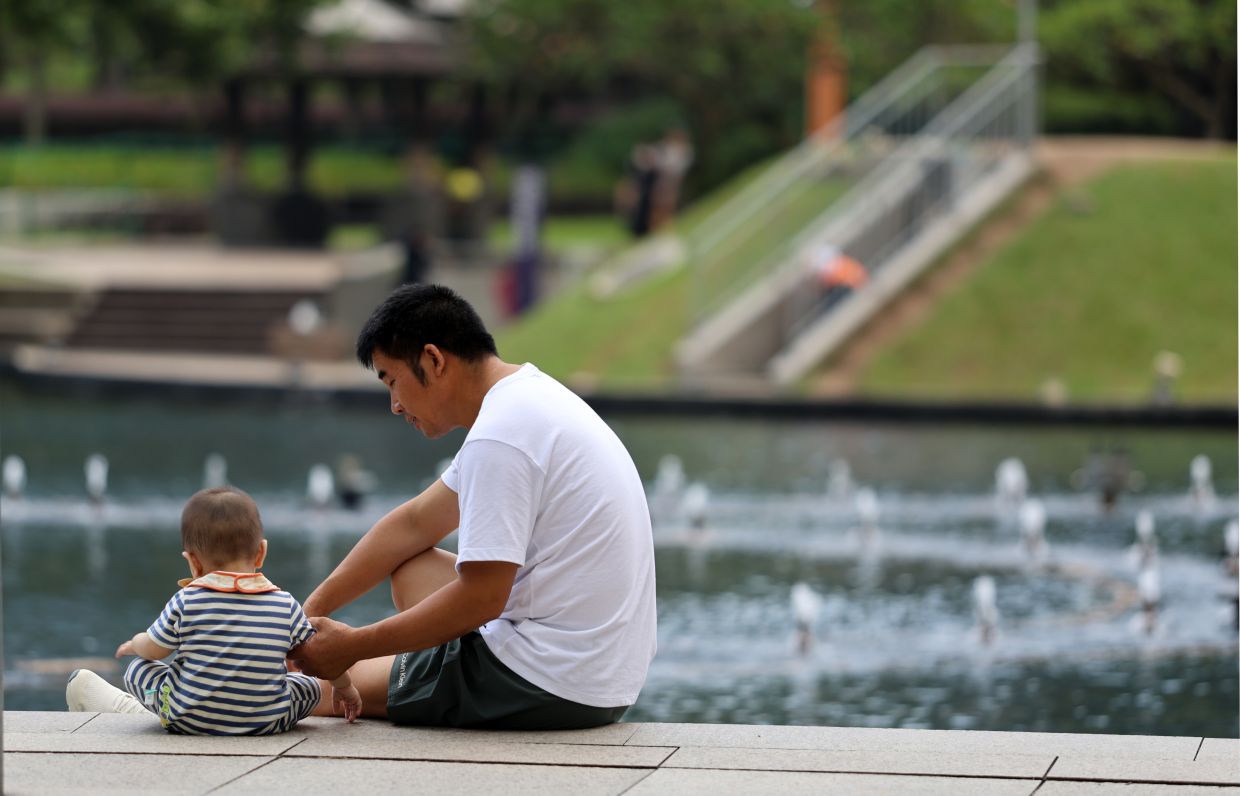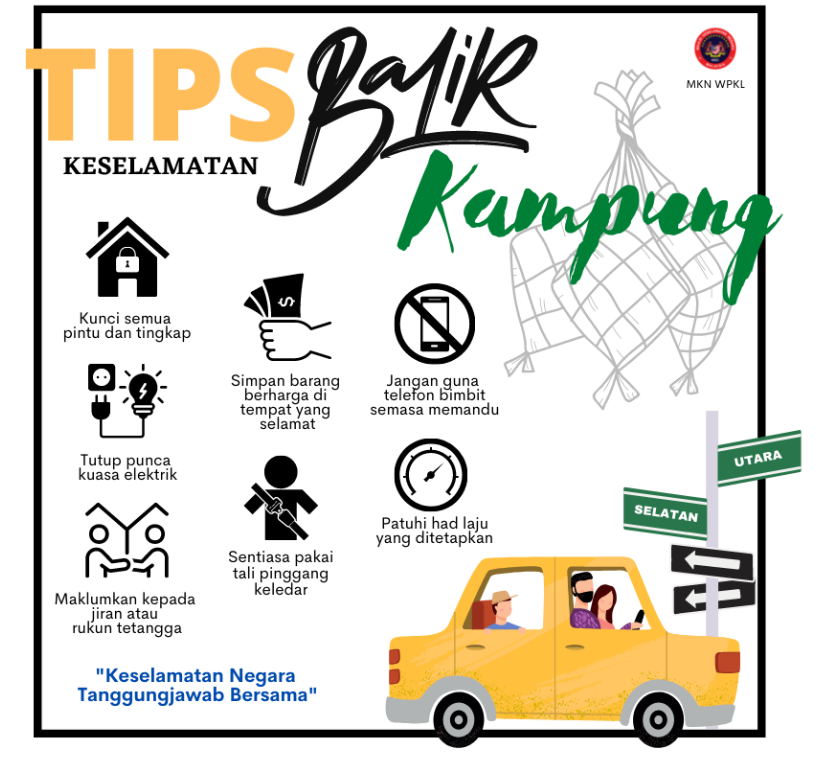|

13 Jun 2023, PETALING JAYA- A father plays a big role in helping care for his newborn and spouse, but do dads in Malaysia get enough paternity leave?
In conjunction with Fathers Day, The Star examined paternity leave in other countries and compared it with Malaysia’s.
Malaysia extended paternity leave from three to seven days earlier this year.
Among Asean countries, Myanmar and Thailand have the longest paternity leave at 15 days, while Singapore allocates 14 days, according to the International Labour Organisation (ILO).
However, Thailand’s paternity leave only extends to fathers in the public sector.
The Philippines, like Malaysia, offers a week-long paternity leave.
Meanwhile, Vietnam offers between five and 14 days of paternity leave, depending on the type of birth and number of children.
Malaysia’s current seven-day paternity leave, however, has yet to be enforced in Sabah and Sarawak, though the Sabah government has agreed to amend an article under the Sabah Labour Ordinance in order to implement the policy.
This was initiated following an incident where a woman allegedly died four days after giving birth, with her husband claiming that he was not granted seven days’ paternity leave to take care of her.
Meanwhile, fathers in Indonesia have the shortest paternity leave of three days, while Cambodian fathers are not entitled to any paid statutory paternity leave, but can use their annual leave entitlement of up to seven days.
Beyond Asean, countries such as South Korea, Japan, France, Portugal and many European nations stand out for providing father-specific parental and homecare leave with a duration of between five and 52 weeks.
Do Malaysian dads need longer paternity leave?
Experts say more flexibility should be given to working fathers, including providing the option of longer paternity leave based on a newborn and the mother's condition.
Universiti Kebangsaan Malaysia's Critical Media Studies Assoc Prof Dr Jamaluddin Aziz said paternity leave is crucial and should be common in a changing society like Malaysia.
“The changing attitude towards traditional gender roles – father as the breadwinner and mother as the homemaker ¬– would mean that men and women are no longer defined by what they are expected to do, but by what they are capable of.
“The role of a father in childcare is pertinent as a family unit is not always surrounded by the extended family anymore.
“This means, unlike in the old days when a father could rely on the extended family – grandparents or in-laws – to take care of his wife who had just given birth, the present situation demands that the father do it himself.
“For that reason, paternity leave should be normalised,” he said.
He said studies have shown that a father who has taken paternity leave could develop a stronger bond with the infant, which will affect the baby’s psychological development.
“When a father takes paternity leave, he can also take care of his wife, which will enable her to recover more quickly.
“Such studies have also shown that paternity leave can also result in a greater achievement in gender equality as women can better prepare themselves to go back to work with fathers taking paternity leave.
“This gender equality can benefit the employers economically too as they are able to keep diverse employees while promoting a family-friendly environment,” he said.
Jamaluddin said a study reported by Unicef found that most countries have about three weeks of paid paternal leave, but several factors are involved.
“Most countries that offer more than three weeks and up to 14 weeks are high income countries.”
He said the length of paternity leave should depend on an individual’s situation, such as the type of birth, any complications, and the condition of the newborn.
“If the wife is suffering from postpartum depression, longer paternity leave, either paid or non-paid, should be made accessible.
“In some countries, parental leave granted for mothers can also be transferred to the father. This will help women transition back into their work,” he said.
A father’s role
He said one of the father’s roles after childbirth is to do all household chores, which will allow the mother to get enough rest to recuperate.
“The father can also ensure that the wife eats well and does not miss her medical appointments, which can help detect any problems the wife is experiencing earlier, such as postpartum depression,” he said.
Prof Dr Rumaya Juhari of the Department of Human Development and Family Studies, Faculty of Human Ecology, Universiti Putra Malaysia, said it is important to consider the health and other related aspects of the mother when considering how long the father needs to be present after childbirth.
“The demand for post-partum care will be different based on many factors such as the type of delivery, and health status of the mother and infant.
“Some newborns will also face complications, which require extra days of hospitalisation,” she said.
She added that the presence of other children, as well as the presence of other support systems in the household, also needs to be considered.
“The more complicated the contextual factors are, the higher the demand for the fathers to be present to ensure the well-being of both the mother and child.
“Most likely, longer paternity leave will be very helpful,” she added.
How employers can help
Prof Rumaya suggested that on top of the existing seven days’ paternity leave, employees should be given an option of an additional seven days that can be used sporadically throughout the remaining days of the wife’s confinement and the months after.
“This can be for hospital visits, or other relevant needs. In the period of three to four months, adjustments are really needed so with time off work for the father, couples can plan for the transitioning phase where the mother has to return to work,” she said.
She added that fathers should also learn more about newborns and infancy, their developmental milestones, observe the schedule for hospital trips and vaccinations, as well as do things to ensure the spouse is comfortable and motivated to do her part in the parenting process.
“Fathers need to do their part as it is their responsibility, and it should not be considered as merely helping their spouse,” she said.
Chai Sen Tyng, a senior research officer at Universiti Putra Malaysia (UPM)’s Malaysian Research Institute on Ageing, said that while paternity leave in Malaysia must be utilised in one consecutive stretch, several other countries are more flexible.
These countries allow parental leave to be taken in several stretches of time periods to support working couples to adjust to early childhood rearing responsibilities.
Chai said some countries such as Sweden offer much longer parental leave which can be utilised by either parent.
“The household dynamics are pretty varied and when you consider the challenges of breastfeeding and early childcare, we should put the discussion up for stronger parental leave rather than just arguing which parent should have more leave.
“I think there is no debate the priority here are the mothers and newborns.
“Men just need to do a lot more than just bring home the paycheque. In dual-income families, there are many new roles to fill and to share,” he said.
In supporting wives after birth, Chai said fathers should be equipped with the knowledge of identifying or handling postpartum depression, newborn care and other tangible support such as cooking, washing and related household chores.
“There are many things husbands should be doing from time to time anyway that are not exclusive to the confinement period.
“It is a good time to pick up new childcare skills, including feeding, bathing and changing nappies,” he said.
Author- Prof. Dr. Rumaya Juhari of the Department of Human Development and Family Studies, Faculty of Human Ecology, Universiti Putra Malaysia
|































